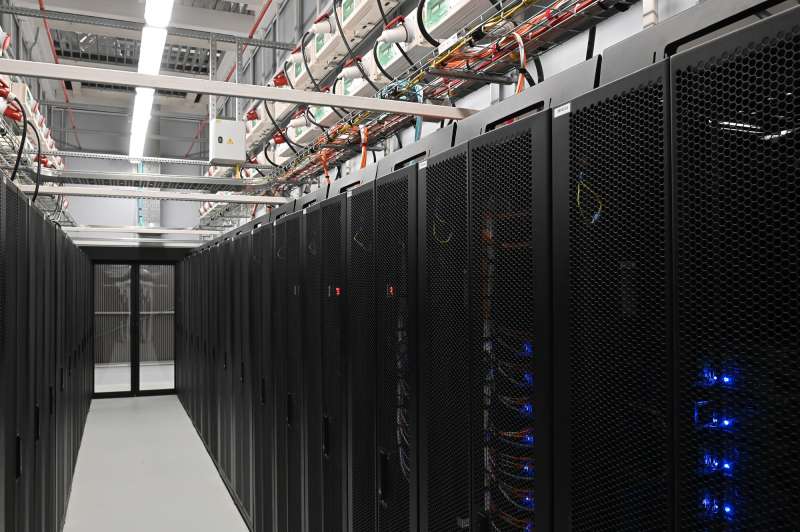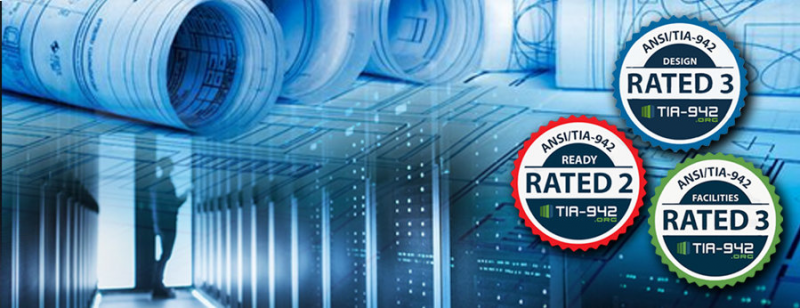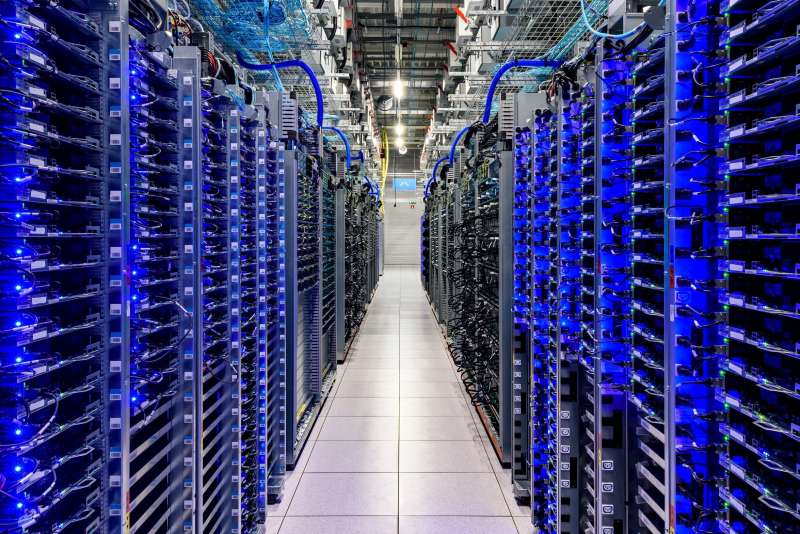Reading time: 7 min.
.jpg)
What is a data center
A DC, datacenter, data center, or a data processing center is actually a place to host network and server equipment. It provides uninterrupted operation of telecommunication systems and Internet connection.
What tasks does a data center perform?
Data centers are engaged in servicing corporate clients and individuals, leasing premises to install and operate servers. Renting a data center is profitable, since companies do not need to search for premises, equip and monitor them, keep a staff of specialists to maintain equipment. It is much cheaper to place equipment in a data center than equipping a data center on your own.
- Informational: it includes storage and processing of data;
- Telecommunication: it provides uninterrupted communication and data transmission from server equipment to users;
- Engineering: it guarantees stable and constant operation of communication systems.
Rack rental. It’s used by companies with increased security requirements. The service involves placing one’s own servers in a separate rack.
Physical location of servers (colocation). It means you bring your equipment, the data center specialists connect it to the engineering system and do maintenance.
Server rental. This service is suitable for companies that do not have their own equipment. Renting server equipment does not require purchasing expensive equipment and it provides all the necessary production processes related to communications.
Rent of virtual servers. It’s a service of renting a part of the computing power of a server with full emulation of a separate physical server operation.
Shared hosting. This is a service for smooth and high-quality functioning of websites.
What makes a data center work?

Data centers function due to the well-coordinated work of engineering systems. One may locate a data center in a separate room or occupy the floor of the building where the company is located. It may even occupy a separate building, as it usually is. The main requirement for designing a data center is increased security and reliable data protection. The following engineering systems ensure the data center operation:
- Power supply system. The data center must operate 24/7 and shall not be stopped due to a lack of power. Therefore, the data center uses an uninterruptible power supply system and locates generators in case of emergency shutdown. Server equipment is connected to the mains through several independent inputs.
- Air conditioning and ventilation system. The data center contains a large amount of high power consuming equipment that gets very hot during operation and generates a lot of heat. If the servers overheat, they can fail, so an efficient cooling system is needed in the data center. When constructing a data center, powerful professional air conditioners and special ventilation systems are used.
- Security system. The data center provides confidentiality and security of data storage, therefore, several levels of protection of server equipment are used when designing. The building of the data center must have a fire alarm, a video surveillance system, and smoke and motion detectors. The staff controls the safety of equipment and the level of access to it.
- Data transmission system. For constant and stable data transmission in the data center, public and local networks with high bandwidth are used. Experts monitor possible errors, failures and quickly eliminate them.
Stopping the functioning of at least one engineering system can lead to financial losses, so the risks of unforeseen situations are minimized.
Data center classification

There are several classifications of data centers, depending on the level of reliability and security. The most common American standard is TIA-942, according to which the following data center levels are distinguished:
Tier I. The first basic level of security is used for small and medium-sized companies with a small amount of data transfer. For data centers of the first level, the use of uninterruptible power supplies is optional. Tier I data centers can be idle for up to 30 hours a year due to the need for technical work. The baseline data center resiliency rate is 99.67%.
Tier II. The second level of data center reliability has improved conditions for placing server equipment. Data centers are equipped with more powerful cooling and power supply systems. As in the basic level, data centers can be stopped during maintenance work. Downtime does not exceed 22 hours per year. The Tier II resiliency rate is 99.74%.
Tier III. Unlike the first two levels, the third category does not require stopping equipment for maintenance. The third level DC is suitable for companies that need 24/7 data exchange. The data center has full redundancy of life support systems. DC is equipped with separate cooling and power channels. Downtime of a third-level data center does not exceed 2 hours per year. The resiliency rate is 99.98%.
Tier IV. This is the highest level of data center reliability and security. It’s used for financial, military, government agencies, companies that need to maintain data confidentiality. There are double redundant channels and redundancy of all engineering systems. Data centers of the fourth level of security do not interrupt work for maintenance. The possibility of malfunctions is minimized. The resiliency rate is 99.99%.
Tier assignment is confirmed by an international certificate. Some data centers are not certified, they assign themselves a security level without documenting it. When choosing a data center, check for a certificate according to the TIA-942 or ISO 22301 standard, which guarantees high quality service and complete data security.

When choosing a data processing center, pay attention to the level of reliability of data safety and technical capabilities of the data center. A good data center guarantees uninterrupted operation of server equipment and provides services that ensure accurate and round-the-clock telecommunications operation. By contacting the data center, you will save time and money on storage and maintenance of equipment.